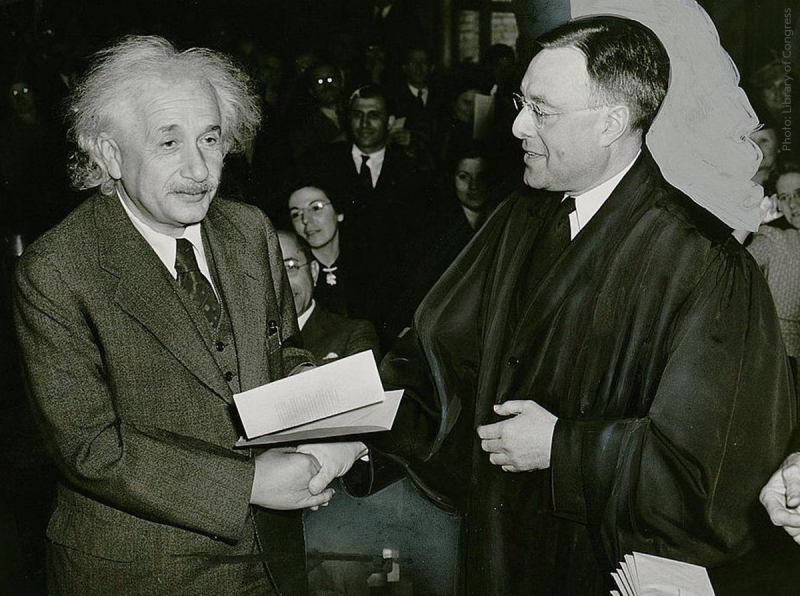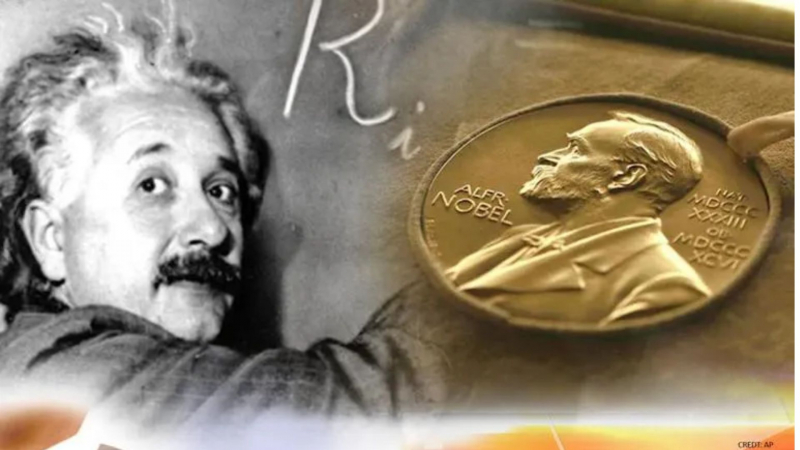Albert Einstein Was Awarded The Nobel Prize In Physics In 1921
Albert Einstein received the Nobel Prize in Physics in 1921 "for his contributions to theoretical physics, particularly for his discovery of the law of the photoelectric effect." Albert Einstein was awarded the Nobel Prize for Physics a year later, in 1922. The Nobel Committee for Physics judged during the 1921 selection process that none of the year's candidates satisfied the requirements stated in Alfred Nobel's will. The Nobel Prize can be reserved until the next year, according to the Nobel Foundation's laws, and this statute was then enforced. This is one of the major accomplishments of Albert Einstein.
To the astonishment of many, the scientist did not earn the prize for his classic theory of relativity, but rather for the photoelectric effect, which brought researchers to the concept of "photons." Einstein, who was teaching across Japan at the time, did not show up to accept the medal, which added an interesting twist to the story.
The Copley Medal, perhaps the world's oldest surviving scientific prize, was bestowed upon him by the Royal Society in 1925. In addition to the Gold Medal of the Royal Astronomical Society in 1926, the Matteucci Medal in 1921, the Max Planck Medal in 1929, and the Franklin Medal in 1935, Einstein earned numerous more prizes and accolades. Albert Einstein was voted Person of the Century by Time magazine in 1999.












